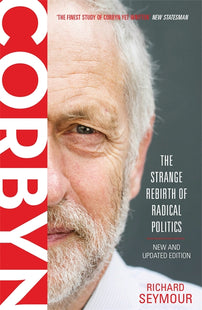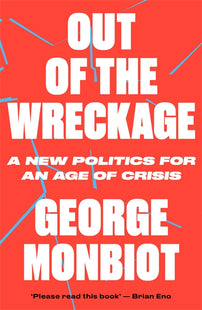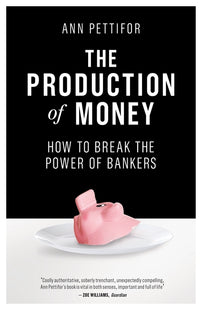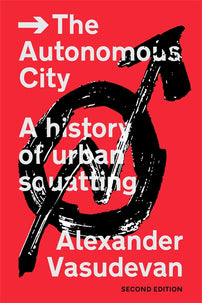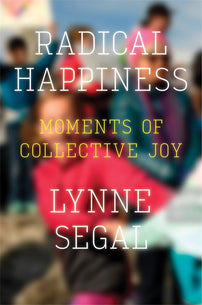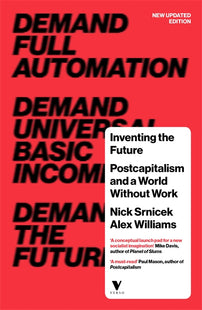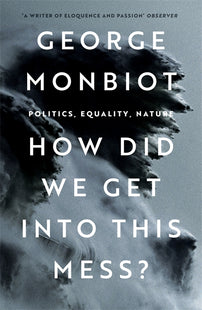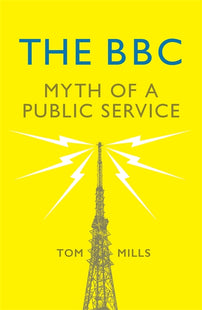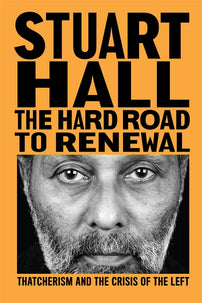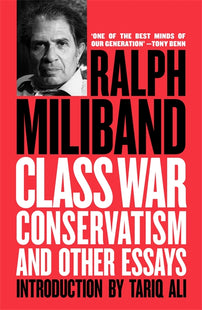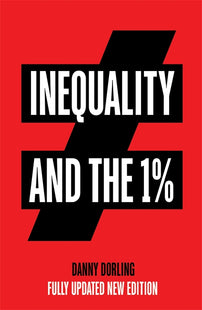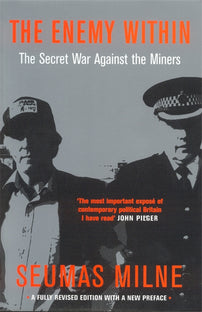Corbyn's Momentum: Essential Verso Reading
Socialism is back on the agenda, but how did it happen and where can Labour go from here?

Without winning the vote, Jeremy Corbyn won the 2017 election. Raising Labour’s vote by the biggest margin since 1945, he added thirty-three seats to Labour’s total, when almost all pundits expected a Tory landslide. Socialism is back on the agenda, but how did it happen and where can Labour go from here? These books offer all the explanation you need: featuring leading voices on the long decline of Labour and deep crisis in British democracy, as well as privatisation, inequality, capitalism, neo-liberalism, and, of course, Corbyn himself.
[book-strip index="1" style="buy"]In the 2017 general election, Jeremy Corbyn pulled off an historic upset, attracting the biggest increase in the Labour vote since 1945. For the first time in decades, socialism is back on the agenda—and for the first time in Labour’s history, it defines the leadership. Richard Seymour tells the story of Corbyn’s rise.
[book-strip index="2" style="buy"]A toxic ideology of extreme competition and individualism has come to dominate our world. Only a positive vision can replace it, a new story that re-engages people in politics and lights a path to a better future.Urgent and passionate, Out of the Wreckage provides the hope and clarity required to change the world.
[book-strip index="3" style="buy"]In this accessible, brilliantly argued book, leading political economist Ann Pettifor explains in straightforward terms history’s most misunderstood invention: the money system. Pettifor argues that democracies can, and indeed must, reclaim control over money production and restrain the out-of-control finance sector so that it serves the interests of society, as well as the needs of the ecosystem.
[book-strip index="4" style="buy"]On the seventy-fifth anniversary of the 1942 Beveridge report he asks what we can do to stop the destruction of our welfare state.
[book-strip index="5" style="buy"]A radical history of squatting and the struggle for the right to remake the city.
[book-strip index="6" style="buy"]What is the true meaning of happiness? Radical Happiness is a passionate call for the re-discovery of the political and emotional joy that emerge when we learn to share our lives together.
[book-strip index="7" style="buy"]How can we reinvent politics for the twenty-first century? Srnicek and Williams' urgent manifesto for a new politics has been one of the most influential books on the left in recent years.
[book-strip index="8" style="buy"]Based on George Monbiot's powerful journalism, this book assesses the state we are now in: the devastation of the natural world, the crisis of inequality, the corporate takeover of nature, our obsessions with growth and profit and the decline of the political debate over what to do.
[book-strip index="9" style="buy"]The BBC is one of the most important institutions in Britain; it is also one of the most misunderstood. Despite its claim to be independent and impartial, and the constant accusations of a liberal bias, the BBC has always sided with the elite. As Tom Mills demonstrates, we are only getting the news that the Establishment wants aired in public.
[book-strip index="10" style="buy"]Collected here for the first time with a new introduction, these essays show how Thatcher has exploited discontent with Labour's record in office and with aspects of the welfare state to devise a potent authoritarian, populist ideology.
[book-strip index="11" style="buy"]Labour would be unwise to ignore the words of parliamentary socialism's most trenchant critic Ralph Miliband. This classic collection of essays from "The Man Who Hated Britain," recently republished with a new introduction by Tariq Ali, covers Miliband's most famous pronouncements on the state, socialism and the Labour party.
[book-strip index="12" style="buy"]How the ideal of universal healthcare was eroded by the application of market principles.
[book-strip index="13" style="buy"]Can we afford the rich? Why the growth of the wealthy is making the UK a more dangerous place to live.
[book-strip index="14" style="buy"]In a little over a generation the bones and sinews of the British economy – rail, energy, water, postal services, municipal housing – have been sold to remote, unaccountable private owners, often from overseas. In a series of brilliant portraits the award-winning novelist and journalist James Meek shows how Britain’s common wealth became private, and the impact it has had on us all: from the growing shortage of housing to spiralling energy bills.
[book-strip index="15" style="buy"]"The best book on the Thatcher era", according to Naomi Klein, The Enemy Within reveals the astonishing lengths to which her government and its intelligence machine were prepared to go to destroy the power of Britain’s miners’ union. In this 30th anniversary edition new material brings the story up to date with further revelations about the secret war against organized labour and political dissent, and the devastating price paid for the Thatcher administration's onslaught by communities across Britain.
[book-strip index="16" style="buy"]The book that made his name, Chavs is an acclaimed investigation into the class structure of contemporary Britain through the lens of the "Chav". Exposing the ignorance and prejudice at the heart of the caricature, Jones portrays a far more complex reality. The chav stereotype, he argues, is used by governments as a convenient figleaf to avoid genuine engagement with social and economic problems and to justify widening inequality.
[book-strip index="17" style="buy"]An icon of the Left, and champion of democracy and social justice, Tony Benn entered the Commons in 1950 and with Ted Heath held the record for post-war service as an MP. Parliament, People and Power features a selection of his interviews with the New Left Review, as Benn sets out his radical agenda for society, and reflects on a life in politics.
